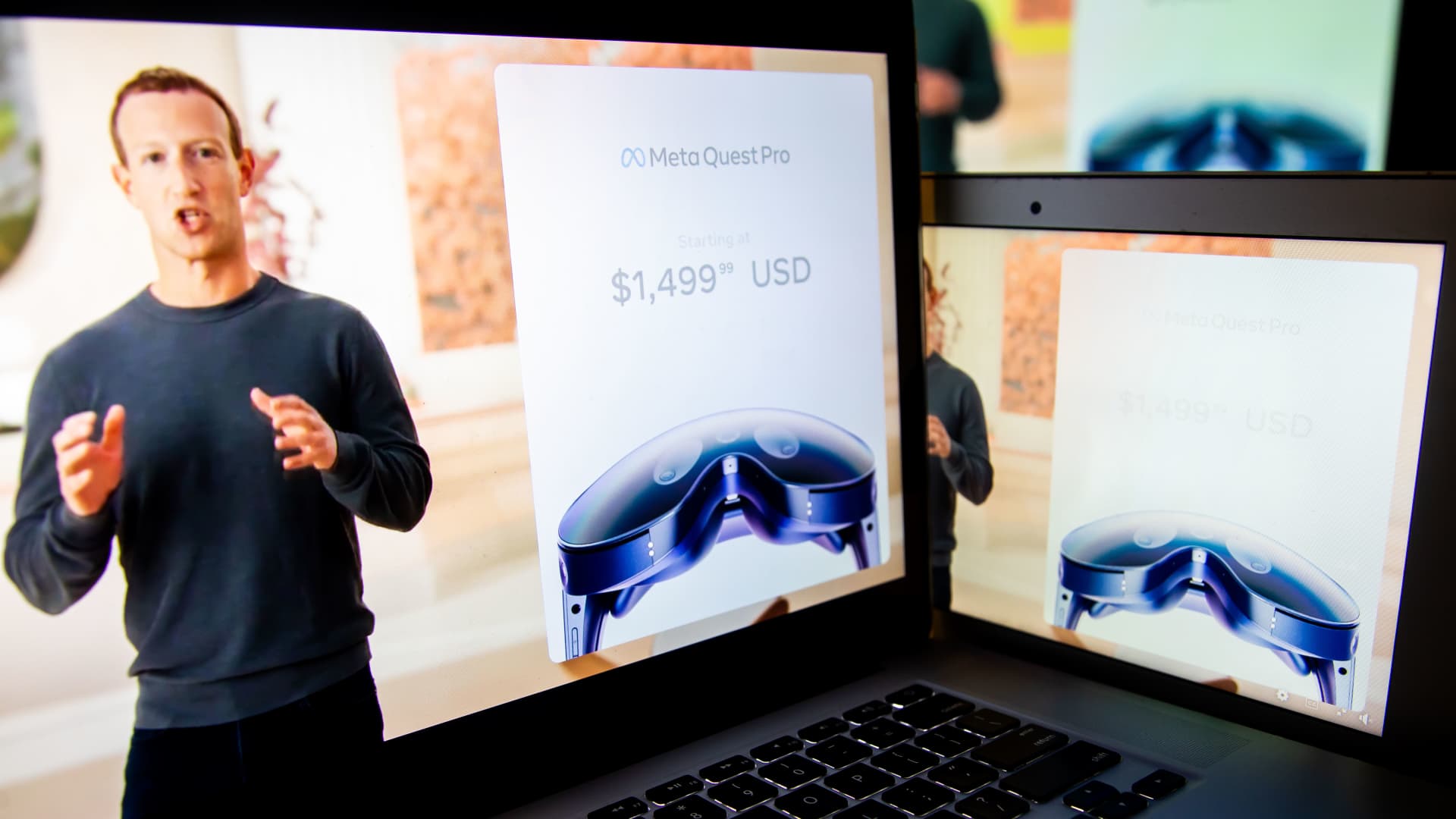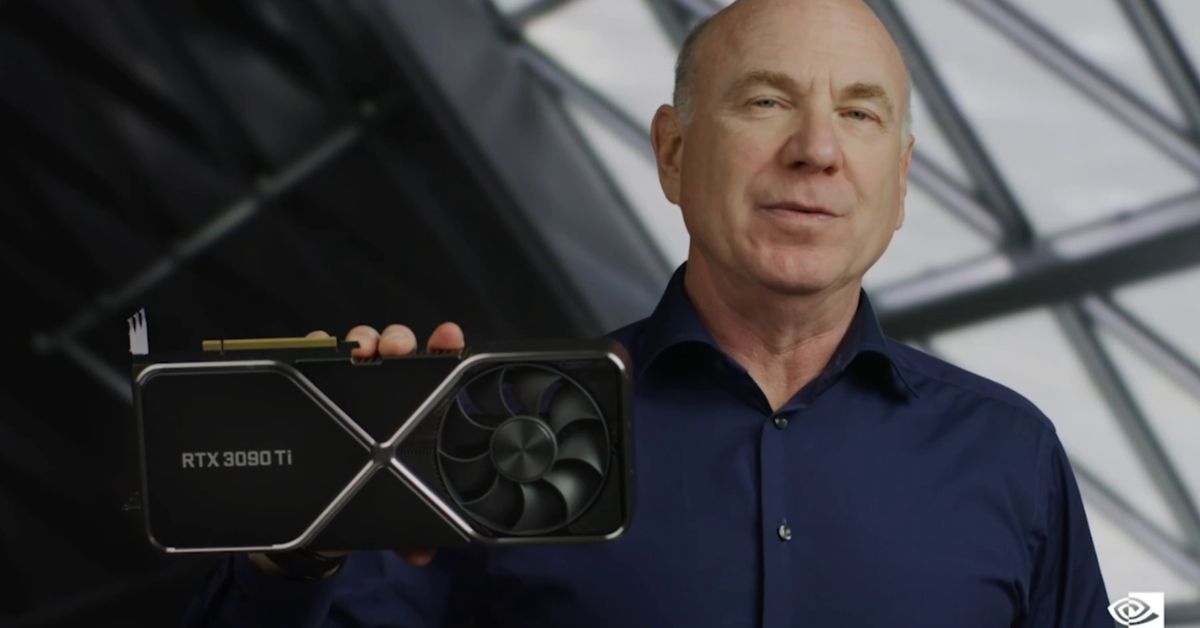Chinese state media rebuke Mark Zuckerberg over reported plan to sell Quest headsets
The criticism comes after a report that Meta was exploring selling Quest headsets in China, despite Zuckerberg's past criticism of Chinese industrial espionage.

Mark Zuckerberg, chief executive officer of Meta Platforms Inc., speaks during the virtual Meta Connect event in New York, US, on Tuesday, Oct. 11, 2022. for a virtual future.
Michael Nagle | Bloomberg | Getty Images
A Chinese state-controlled media outlet published a harsh critique of Meta CEO Mark Zuckerberg on Wednesday, accusing the billionaire of essentially "shooting himself in the foot" when it came to the Chinese markets.
The editorial, published by a WeChat account affiliated with the Beijing Daily, comes after The Wall Street Journal reported that Meta was in continued conversations with Tencent to sell Meta's line of Quest headsets within mainland China.
The editorial, translated from Mandarin, says that Zuckerberg's past criticisms of Chinese companies, including ByteDance's TikTok, essentially amount to self-sabotage of his efforts to sell in China. Zuckerberg has been a critic of both specific China-based companies and widespread Chinese corporate espionage.
"I think it's well documented that the Chinese government steals technology from American companies," Zuckerberg testified before Congress in 2020.
The editorial highlighted visits from Apple CEO Tim Cook and Tesla CEO Elon Musk as examples of positive engagement with the Chinese regime and markets, adding that Zuckerberg had never been able to make inroads in China, in apparent contrast to rival tech companies. Google pulled out of mainland China in 2013; Microsoft has long-standing operations there but announced it would sunset its LinkedIn-like app in China by August.
Zuckerberg has described TikTok as a "very effective competitor" in public, and behind closed doors, he has reportedly said that the company represents a significant threat to American businesses. After meeting with Zuckerberg and discussing TikTok, Sen. Tom Cotton, R-Ark., co-wrote a letter to U.S. intelligence officials requesting an inquiry into TikTok, The Wall Street Journal reported.
Senior officials at the Department of Justice and the Department of Homeland Security have warned that Chinese cyber attacks are significant threats, but U.S. officials' willingness to openly name China as a cyber adversary comes even as tech CEOs seem to shy away or walk back open criticism of the regime.
Neither Google CEO Sundar Pichai nor Cook explicitly acknowledged Chinese industrial espionage in the same February 2020 testimony, although Pichai acknowledged later on in his testimony that China compromised Google's intellectual property in a 2009 cyberattack.

 Troov
Troov 
































